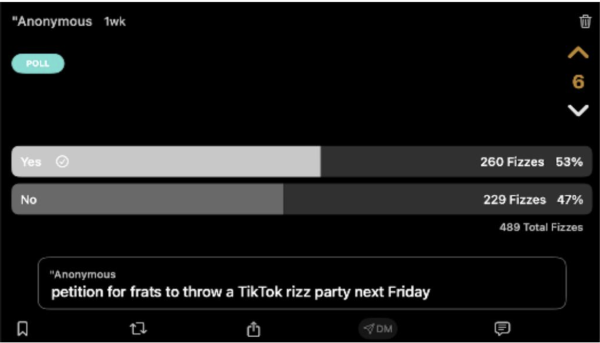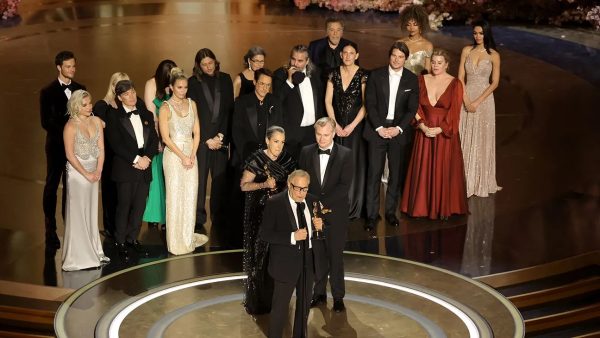People prefer modern entertainment over reading
Print readership has faced a decline as society has become more tech-focused
Reading books has faded out as a pasttime.
March 24, 2022
Imagine you’re trapped in the prison of your fifth-grade classroom, staring longingly beyond the bars at the vacant jungle gym while your captor drags on about Mark Twain’s “The Adventures of Tom Sawyer”. You wonder what crime you must have committed to deserve this punishment. Of course, when you fly off the school bus, the last thing you want to do is glue your eyes to any academic task — and become trapped as you have been for the past seven hours. Why on earth would you pick up a book to read when you could play basketball or video games or ride your bike?
As you progress through the school years, books only become more metaphorical and less interesting, leading you to believe that there is nothing you could possibly read that could capture your attention. After all, reading is just a recommendation by boring teachers and your parents, and what do they know?
Unfortunately, this mindset is far too common among kids and even many adults. Reading has become a chore to many, leading them to not only believe that it is painful to endure but that it is not beneficial.
At Wake Forest, I’ve met several people who claim to not like reading. When questioned further, it becomes evident that they haven’t taken it upon themselves to read beyond books assigned in school — if they even read those.
Despite this claim, I refuse to believe that these students do not like to read, but rather that they have been led to think that about themselves. After all, if they have never placed their eyes on a page outside of school assignments, then they are missing all of the wonderful novels written for pure entertainment, fascinating studies conducted in non-academic settings and inspiring nonfiction stories.
When asked how many TV shows, movies, and athletic events the same people have watched in the past year, the answer is typically outrageously high. People have become convinced that reading is boring or takes too much time because their other entertainment choices enthrall them immediately and hold onto their attention for dear life. People want to see an instant return on their time investment, and reading doesn’t provide that.
If this is the case for adults, it is certainly the case for children. Books have been overlooked as a source of entertainment and learning for children’s requirement of a long attention span. Children’s ability to concentrate is already short enough, so reading tends to frustrate children who refuse to accept the delayed gratification that a story’s plot provides.
This mindset appears to have originated with the development of alternative entertainment options like television. Entertainment preceding television was quite limited beyond simple imagination and books. For this reason, it was not as difficult as it is today to entice children to pick up books.
At the peak of virtual entertainment and the internet, children have many more choices in which to learn academic material and keep themselves occupied. It is easier for the parent and teacher to introduce computer games and online assignments with which to learn and be entertained. This institutes the issue of reliance on technology to facilitate interest in any activity, not just learning. Thus, activities like reading fall by the wayside.
Reading is an activity that sometimes takes a special book to draw them into the activity for eternity. Those who haven’t taken the time or effort to read outside of what was required in school are missing out on the possibility of a new love, which is sincerely disheartening.























